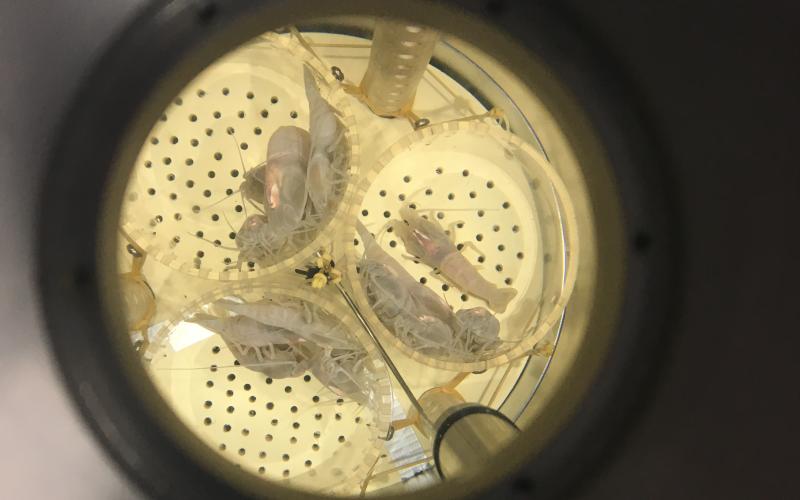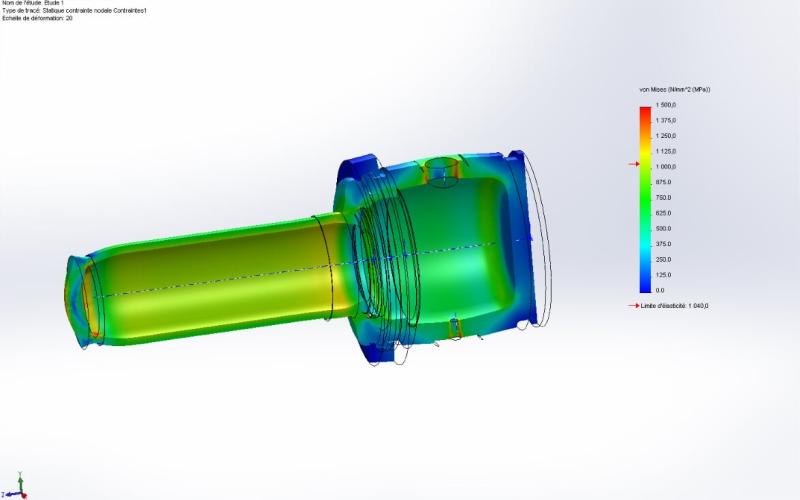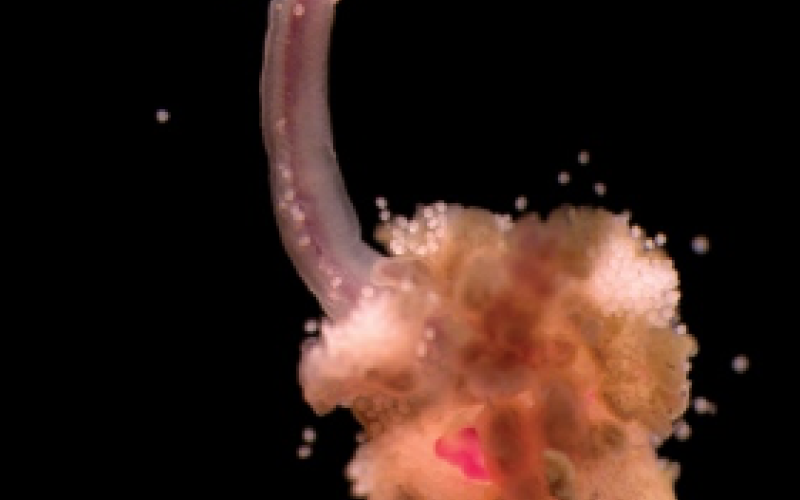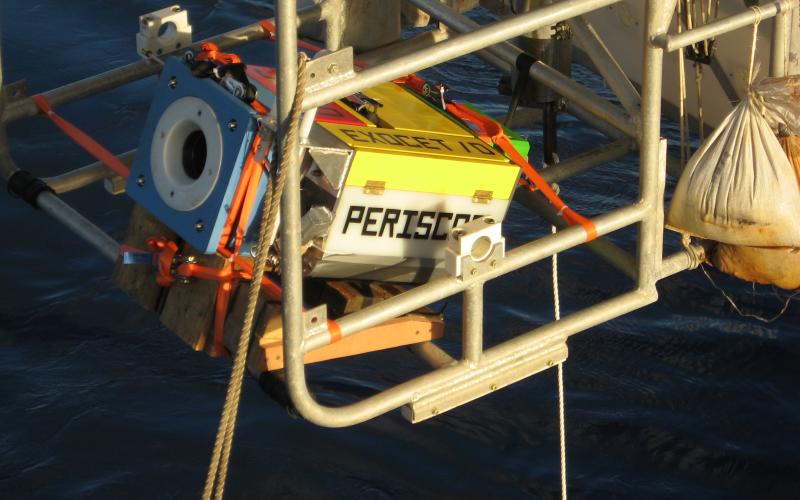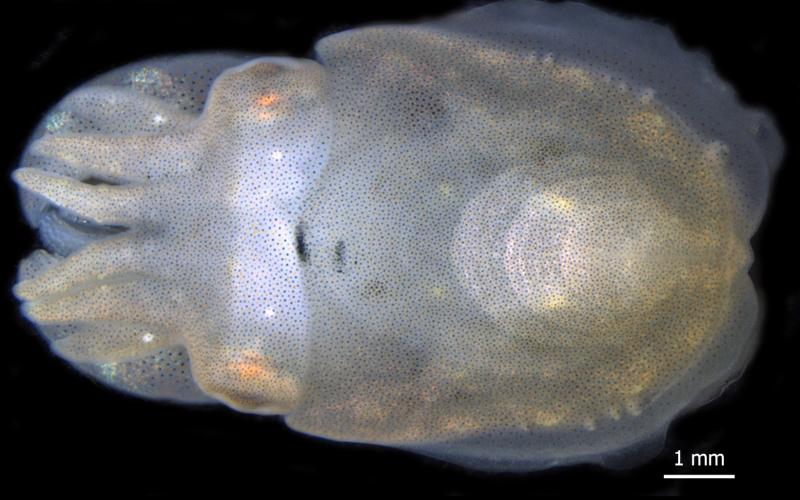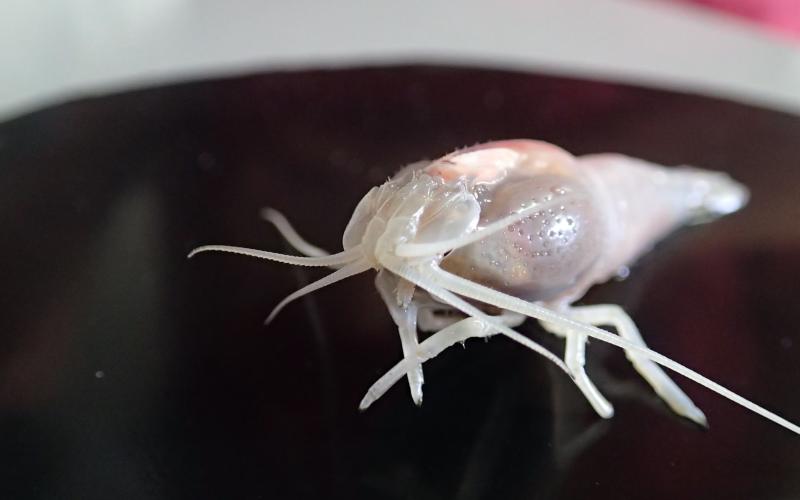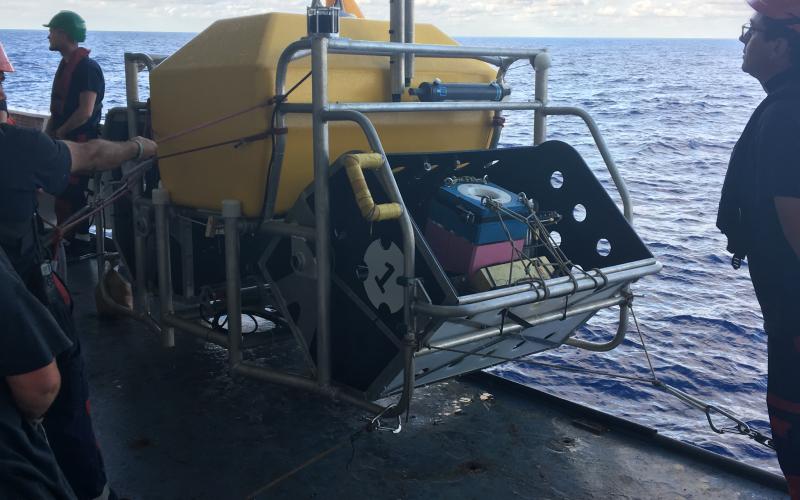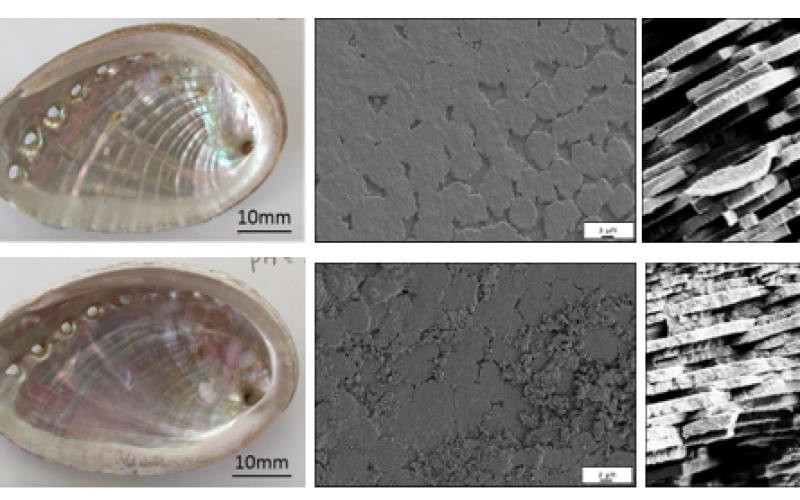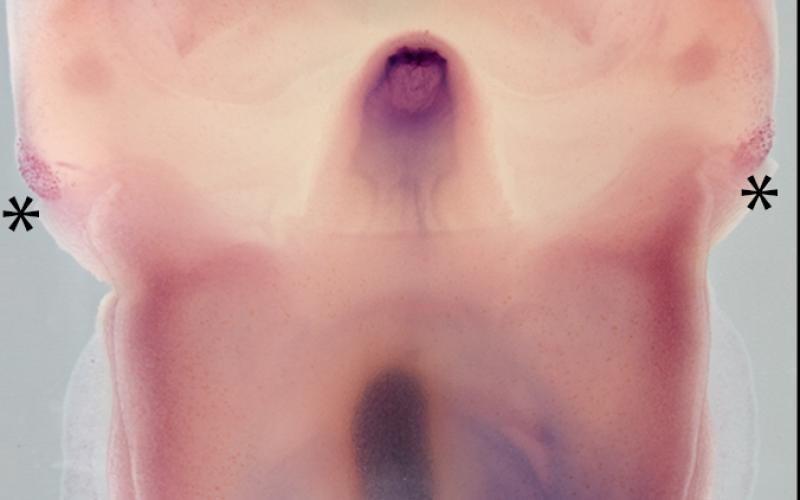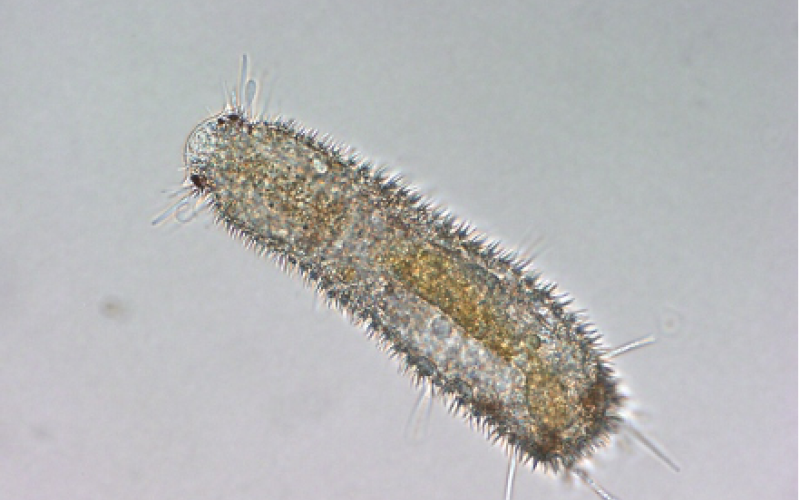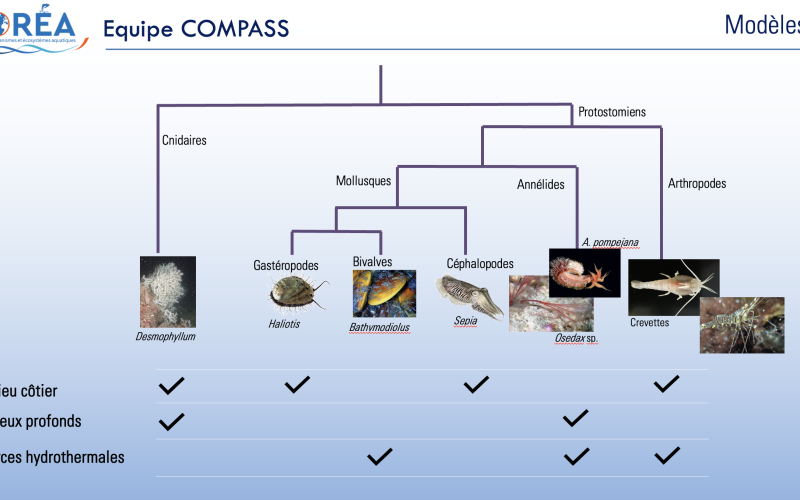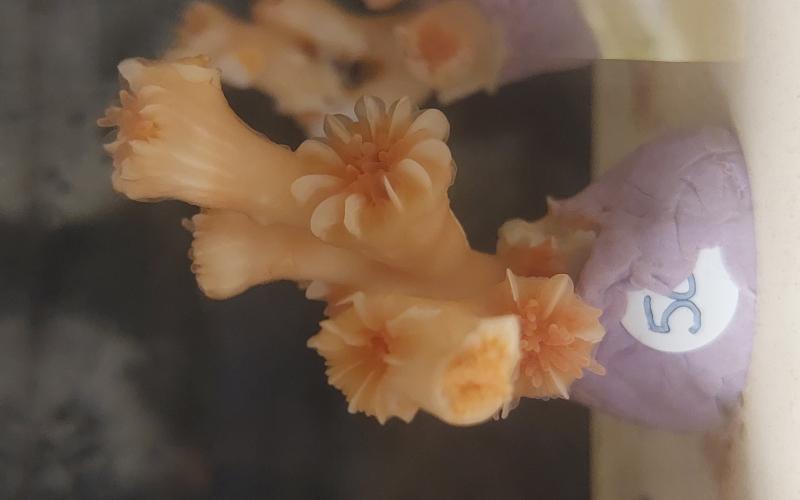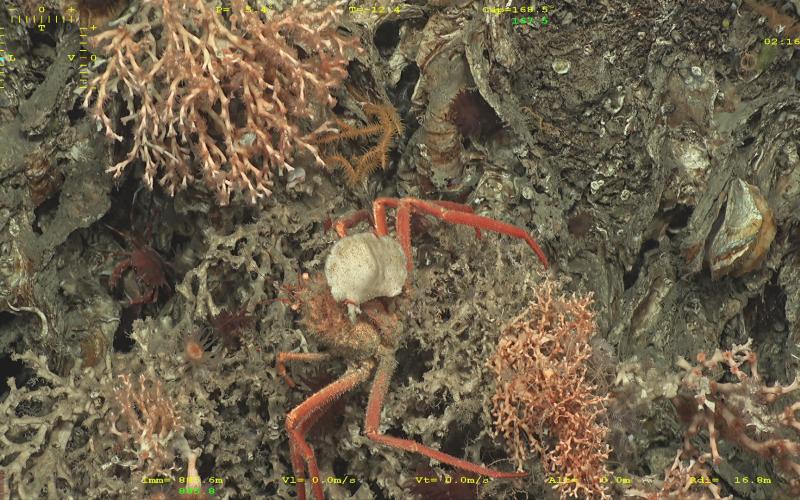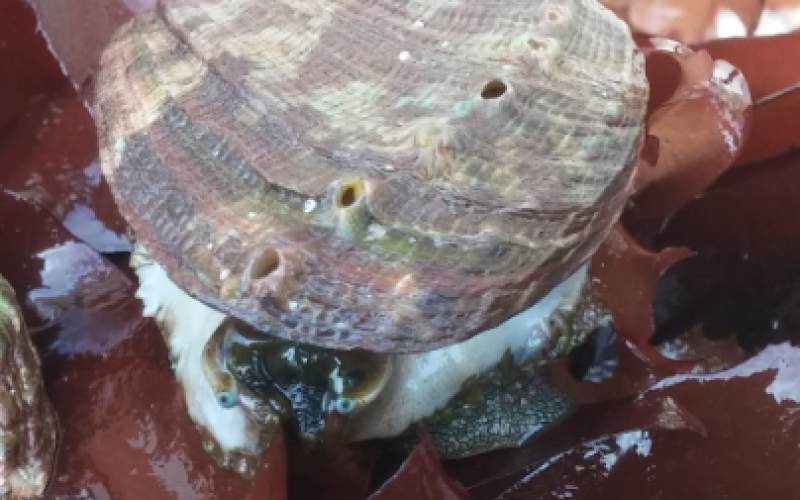The COMPASS team brings together researchers and engineers who study organisms from the molecular and cellular scale to the physiological and behavioral levels. Team members are interested in the capacity of organisms to perceive environmental signals and parameters, and their ability to adapt to variations, whether of anthropogenic origin or not, and whether or not they constitute stresses. The studies focuson marine models of ecological and economic interest, belonging to different taxa: molluscs, arthropods, cnidarians and annelids. Two environments are explored and compared: i) the Atlantic coastal environment, in which these organisms are subject to acidification, rising temperatures and environmental pollution, particularly from chemical contaminants; ii) deep-sea environments (Atlantic canyons and hydrothermal sites), in which these taxa have adapted to extreme pressures and temperatures, and may also be exposed to acidification and chemical pollution of seawater.
Theme 1 - Perception and Communication
The team studies how organisms perceive the physico-chemical, biotic or abiotic parameters of their environment (with a focus on olfaction and thermo-reception) and how they are adapted to them through different levels of study: the study of sensory organs (cells and receptors), the study of integrative structures (nervous system,..), the study of associated physiological and behavioral mechanisms, the study of intraspecific interactions (conspecifics, partners) or interspecific interactions (prey, predators, host, symbiont). In this area, team members use their skills in molecular biology, histology, microscopy, physiology and ethology.
Theme 2 - Metazoan response to environmental and anthropogenic variations
The team focuses on the responses of organisms to environmental variations, whether of anthropogenic or natural origin. Anthropogenic pressures are characterized by significant changes in the physico-chemical parameters of the environment (global warming, acidification, pollution, metals, etc.). Significant environmental variations can also occur naturally in deep hydrothermal environments (toxicity and high temperature of hydrothermal fluids, hydrostatic pressure gradients, etc.). Research work combines field measurements (sea outings, oceanographic campaigns, in situ sampling, high-frequency monitoring or discrete sampling) and experiments under controlled laboratory conditions (pressurized or non-pressurized mesocosms, with modifications to physico-chemical parameters). In this area, team members bring together their skills in molecular biology, physiology and ethology.
Theme 3 - Development of pressurized instruments
The studies developed in areas 1 and 2 also concern deep ocean ecosystems (hydrothermal springs, continental slopes, large vertebrate corpses, etc.). Some approaches require access to living organisms (ethological studies, molecular responses), and above all the ability to control and restore the hydrostatic pressure prevailing at great depths. This axis covers all stages from the design of pressurized prototypes (mesocosms, sampling cells), stress simulation using C.A.D. (computer-assisted design) followed by technical trials, before ultimate operation at sea and in the laboratory.


